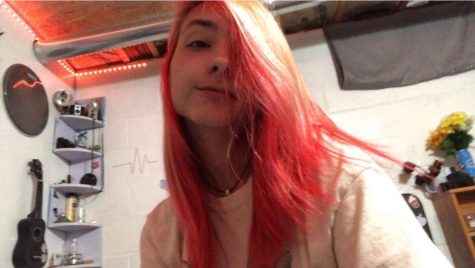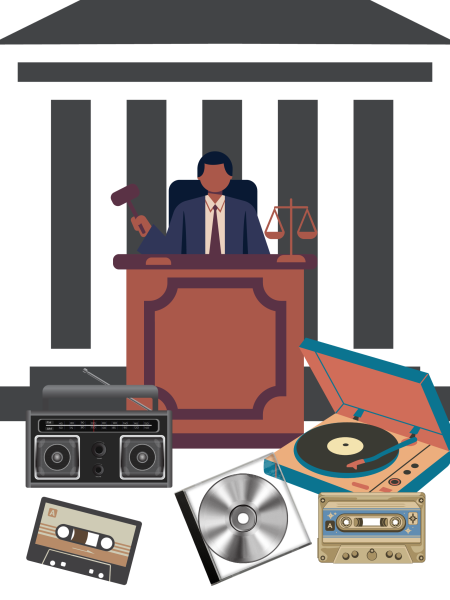The problem with cancel culture
Cancel culture is harmful and it’s unnecessary.
Defined by the Cambridge Dictionary as, “a way of behaving in a society or group, especially on social media, in which it is common to completely reject and stop supporting someone because they have said or done something that offends you.” In many ways, this might sound like a good idea; cancelling someone because they’ve done something bad and they deserve to be removed from the platform they have for it…but what happens when this is taken way too far?
In 2020, many TikTok stars, Youtubers, streamers, and more were cancelled for things far in their past. While a few were deserving of the defaming, like Youtuber and streamer CallMeCarson, others like Charlie and Dixie D’amelio were cancelled under circumstances that were a misunderstanding.
“[There’s] good intent, but poor follow through and not a lot of good actually being done,” freshman Katy Rubiola says.
Cancel culture can quickly spiral out of control, causing fan bases to attack each other and say extremely harmful things. In some instances, things like cyberbullying, doxxing, and even stalking are done.
An example of how cancel culture would compare to everyday life is one person in your friend group tells everyone something you did a very long time ago, perhaps before you even knew it was wrong, and before you had the chance to tell them your side or even apologize, everyone is against you.
“There’s a lot of times when somebody gets cancelled without people looking into both sides of the story or making sure it’s true,” freshman Emmy Caton says.
This is true and can result in extremely detrimental effects on the celebrity, company, or just a person.
“It’s meant to get problematic and offensive people/actions out of fame and media, but isn’t effective and ends in either nothing being done or removing someone just to have their ‘replacement’ be practically the same with no moral differences other than being a different person,” freshman Katy Rubiola says.
Recently, cancel culture has inched towards older generational things, where things may have been more acceptable in that time period.
The cartoon character Pepe Le Pew is currently being cancelled after a New York Times columnist, Charles M. Blow, said in a March 3 article that the character was “normalizing rape culture”.
Many people were upset over this and the decision by Dr. Seuss’ estate pulled a few of his books from being sold or published any longer due to their depictions of some characters with “insensitive and racist imagery”.
“It often ends in someone getting a ton of hate, but so much so that they start getting hated on, not for their actions, but just [for] existing,” freshman Katy Rubiola says, “It creates a cycle of hate with the people seeing what’s going on, not knowing why what the [person being cancelled] did was bad, just that they should join the bandwagon and hate on them [without knowing the reasoning].”
Although the internet seems avoidant of acknowledging the harm done by cancel culture, I feel it would be good to try to move towards a better way of confronting issues, rather than tearing them down maliciously from behind a screen.
“I don’t really like cancel culture. I think it’s [gone] too far. At the beginning, it was justified because of the horrible things people did [coming out because of it], but it’s gotten to the point where any little tiny thing can completely ruin a person for basically no reason,” freshman Nicole Susko says, “And I feel like because people get cancelled [for] such little things, it takes away from important things happening and distracts from horrible people.”
While eliminating the issues caused by those being cancelled would be good, there’s likely a much better way to handle it. Sending an entire fanbase to attack a creator for a minor mistake they made years ago or didn’t know was wrong and weren’t given the chance to apologize for isn’t going to fix anything.
Two wrongs don’t make a right, but…maybe we should cancel cancel culture.

Holly Spitler, junior, is the Editorial & Feature page editor of the Blue & Gold Today. This will be her third year on staff as a writer and second...



